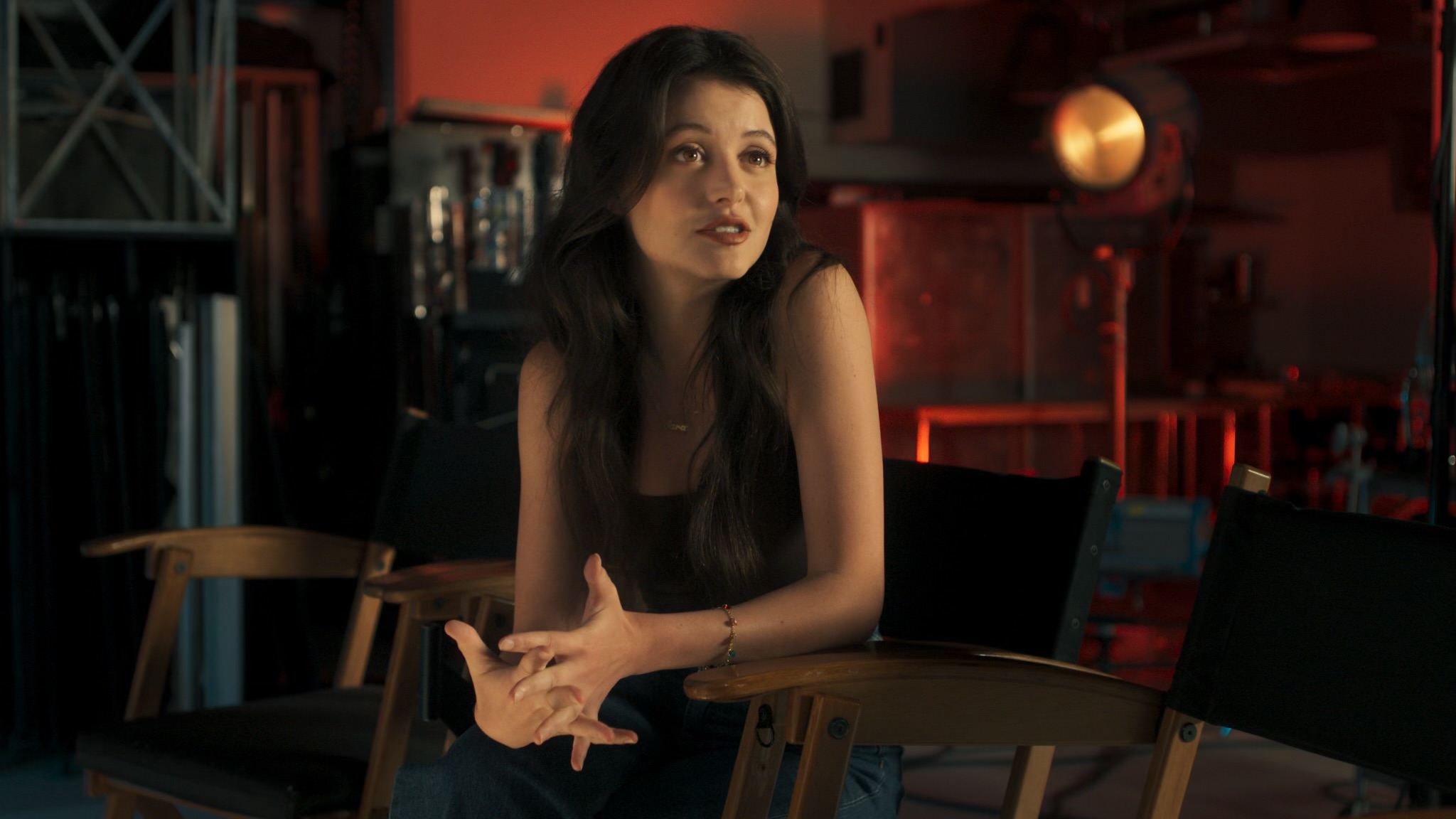Toronto-based actress Sara Waisglass shared a powerful PSA earlier this week on Blue Monday, speaking out about the harmful effects social media can have on our mental health.
Waisglass, who stars in the Netflix show Ginny & Georgia, as well as Degrassi: The Next Generation and Degrassi: The Next Class, shared how easy it is to fall into the trap of comparing yourself to unrealistic ideals online.
“It’s really easy in this generation to think you’re falling behind, just because you’re constantly bombarded with everybody else’s highlight reel and you’re comparing it to your day to day,” she says. “It’s one of the biggest misconceptions that because my life looks perfect, it is perfect. It isn’t.”
View this post on Instagram
The PSA was released in partnership with Unsinkable, a charitable organization founded by Canadian Olympian and mental health advocate Silken Laumann. Unsinkable offers a safe space for youth to share stories about their mental health, receive peer support, and take steps toward mental well-being.
“So many people compare and shame themselves, working through the struggle silently,” Laumann says. “By harnessing the power of storytelling, we can change perception, cultivate community and support each other on the journey, together.”
Normalizing conversations about mental health is so important, and we can all embrace more of the vulnerability and honesty Waisglass shared in her PSA. We got the chance to ask Waisglass a few questions about her own mental health journey, and we think you’ll find her responses refreshing and uplifting.
As an actress, how do you take care of your mental health while navigating the pressures of the entertainment industry?
Like anything, it’s taken a lot of practice to figure out. For example, I’ve learned that I find free time to be very daunting. Sometimes too much time to think can put me in a not-so-great place. My job isn’t a regular nine to five kind of gig and it involves a lot of uncertainty so it’s been a challenge to manage that downtime in a healthy way.
Fortunately, my career has also gifted me with this insanely compassionate community of other actors who are going through the exact same thing. We support each other and root for one another, and I think that’s the main thing that has helped me stomach this industry.
What role do you think social media plays in our mental health? Do you have any advice for taking care of our mental health on social media?
Oh God, I think it affects us a lot more than we know. People who have grown up in the digital age are smart enough to spot unrealistic standards online and I think we all recognize that what we see isn’t always real life. But I also know that we retain a lot of content subconsciously, and that must contribute to our self esteem, right? It has to.
The smartest thing I’ve ever done was delete Instagram off of my phone. No more notifications, no more comparing myself. It’s wild how much time opened up in my day. At the end of the day, life is too short to worry if Greg from chemistry saw that really cute picture of your dog. Go give your dog a kiss instead and tell your family you love them!
Can you tell us about a time when you connected with others about mental health, or really felt seen with what you were going through?
Absolutely! I think something quite meaningful about healing from a mental health struggle is that you can spot it in other people and be there for them. It’s like a sixth sense. I’ve cried with my friends who have gone through hard times, and they’ve cried with me. You really don’t know what’s going on with someone until you ask, so I encourage everyone to check in with their loved ones.
One time, I opened up to my friends about what I’d been going through. It’s not that I’d been hiding it, I just use humour so often to cope it can be hard to know what I’m really thinking. I hoped their response would be a sweet text or something, I didn’t expect much. My friends showed up at my door with flowers, hugs and open ears, and they let me vent to them for hours. It was one of the kindest gestures anyone has ever made towards me.
What has been the biggest game-changer for your mental health?
Writing. When things get so convoluted and messy in my head, I sit down and write until it all makes sense. Sometimes it’s gibberish for the first few minutes, but eventually I find my voice. Seeing my thoughts on paper makes it easier to be kind to myself. When you struggle with your mental health, it’s easy to turn into your own worst enemy. But reading your experiences on paper helps you find compassion for yourself and I think that’s really important for anyone who is going through a dark time.
What has been the most meaningful outcome of being open about your mental health?
Being able to be there for my friends, family, peers, sometimes even strangers. So many people have come forward with their own stories, and I consider it a true honour to listen to every single one. I hope whoever reads this knows they are seen and that they are strong. I’m rooting for you. Always.



 Follow Us On Instagram
Follow Us On Instagram
